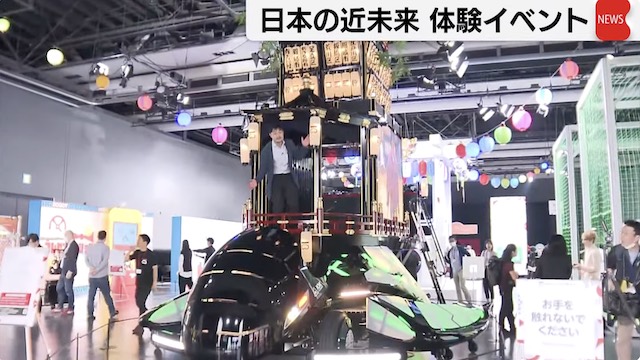Jul 16 (National Geographic) - From boisterous bars in Tokyo to bucolic breweries in the hinterland beyond the capital, sake is intertwined with Japan’s cultural and spiritual life.
Sake is delicious yet deadly. On first taste it’s subtle and sophisticated. It tiptoes about the palate. It arrives politely and even bows. Then, before too long, it kicks you off your feet.
For while sake has the drinkability of wine, it can often be 15-20% ABV. I reflected on this one morning in Tokyo, lying limp in my handkerchief-sized hotel room on the seventh floor of a 34-floor tower block. Splayed out on my bed, all the tonnage of the 27 floors above seemed to press down on my forehead. Sake can make for brutal hangovers. But it also has a place in the soul of Japan.
In simple terms, it’s a rice wine made from polished grain, and it’s brewed in practically every corner of the country. What’s more, Japanese history has marinated, positively stewed in sake. Yet, to many foreigners, it’s shrouded in misconception. For starters: it’s not even called sake.
“We call it ‘Nihonshu’,” Ryuzo had explained some 14 hours earlier, in more lucid times. “And Nihonshu means ‘the drink of Japan’.’’
Ryuzo is an old friend of mine with a fondness for sake-powered nights. At the start of our night out, I meet him in Shinjuku, next to the famous statue of Godzilla roaring at the karaoke bars below.
Shinjuku is Tokyo’s nightlife HQ, stuffed with tourist traps for a bemused and jet-lagged clientele. Fortunately, Ryuzo knows his way around, and — following an unwritten rule for finding Tokyo’s best bars — avoids the obvious, instead leading me into a drab, corporate building, where we catch a lift and open a nondescript door that you might expect would lead to a stationery cupboard. Here, a sign reads ‘NO SAKE, NO LIFE’.
Kurand Sake Market is one of a small chain of sake specialists in the capital. Ryuzo and I buy tickets that entitle us to all-you-can-drink, pour-yourself sake for 90 minutes. I look at the clientele — smart, young professionals sipping contentedly — and try to imagine the crater of devastation should a similar drink-against-the-clock business open in the UK.
Recent history hasn’t been kind to sake. After the Second World War, Japan opened its arms (and its drinks cabinet) to the world. Beer and wine quickly became fashionable. Sake was left on the shelf, and the number of breweries almost halved in 30 years. Only in recent times has sake enjoyed a renaissance that Ryuzo likens to the recent global rise of craft beer. While industrial-scale production has declined, artisanal brewers, often known for their products’ wacky labels and strange infusions, are taking off.










